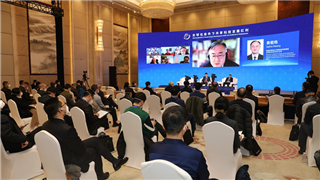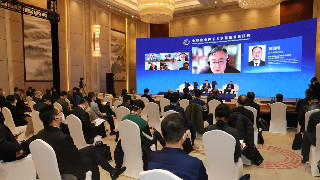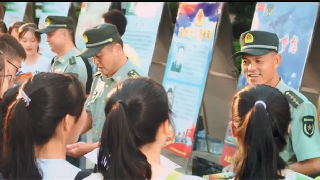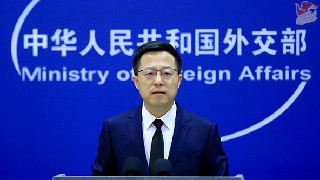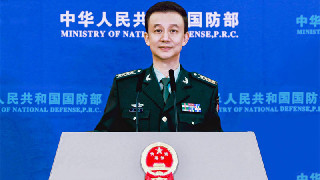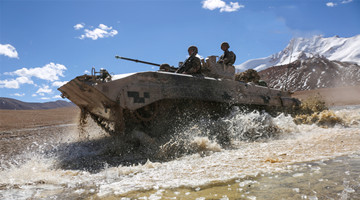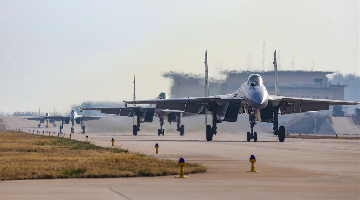By Liu Gang
Japan's ruling coalition of Liberal Democratic Party (LDP) and Komeito agreed at a meeting on December 2 that the enemy base strike capability, or what they preferred to call-"counterattack capability", should be reflected in revisions of three defense documents the Japanese government planned to complete by end of year, including the National Security Strategy. At the same time, according to Kyodo News, Japan planned to expand its Okinawa-based ground force unit to form a special "Okinawa Defense Group".
In fact, the Japanese government has planned many years ago to strengthen armaments and military capabilities and now these plans are only gradually being implemented. The crux of the problem today is that Japan has changed from a purely defensive defense in the past to a strategic posture of active defense and intervention to some extent. In this context, certain places in Japan have become the focus points for improving and implementing these military plans. Typical examples are Okinawa and the Ryukyu Islands. The local people all have the feeling that the atmosphere of preparing for war is getting closer. The public opinion in Okinawa has more aversion to war than that in mainland Japan. The conflict between Russia and Ukraine also shows people the possible disastrous consequences of blindly following the US.
But on the other hand, as a defeated country after the war, Japan has been constrained by the Japan-US Security Treaty. As a result, the Japanese ruling party must consider the American factor. For decades, the actual strategy adopted by the US is to contain and exploit. The US has tried to instigate Japan to become a helper in its group fight in Asia. Some Japanese right-wing and conservative figures, as well as populists all follow very closely. People of insight in Japanese political circles are quite worried about those hawkish views.
Moreover, on a practical level, China and Japan have close economic relations and are each other's largest economic and trade partners. China has not engaged in direct military provocations against Japan. It is completely wrong for Japan to define China as a "threat". Just in the meeting of the Chinese and Japanese heads of state in Bangkok, Thailand, not long, both sides agreed that dialogue and cooperation are better than confrontation and competition. And Japan should implement these consensuses into practical actions.
Yet for a period, Japanese politicians have frequently hyped that a Taiwan emergency is a Japanese emergency and regards Okinawa as a natural barrier to protect Japan's mainland. However, they have forgotten how the Battle of Okinawa in 1945, which bought time for the Japanese mainland to fight, killed tens of thousands of Okinawa people. The dissatisfaction expressed by the people of Okinawa over the past 50 years has been ignored time and time again by the Japanese government. The local people in Okinawa and people of insight have always had a positive will for peace. Okinawa Governor Denny Tamaki said in an interview not long ago that "war must never happen again" because it will bring people back to a disaster.
Local people in Okinawa currently have different views on the development of the surrounding situation, but they are consistent in advocating a peaceful solution instead of resorting to war. In my daily life, I used to talk to and meet people from different backgrounds in Okinawa. I often met people who were worried that the war would spread to Okinawa, and therefore took a vigilant stance against the US and the US troops. An Okinawa cultural figure once said to me with concern that "if this is not prevented and opposed early, then the tragedy in Okinawa will repeat itself."
(The author is an emeritus professor at the University of Okinawa)
Editor's note: Originally published on huanqiu.com, this article is translated from Chinese into English and edited by the China Military Online. The information and opinions in this article do not necessarily reflect the views of eng.chinamil.com.cn.
